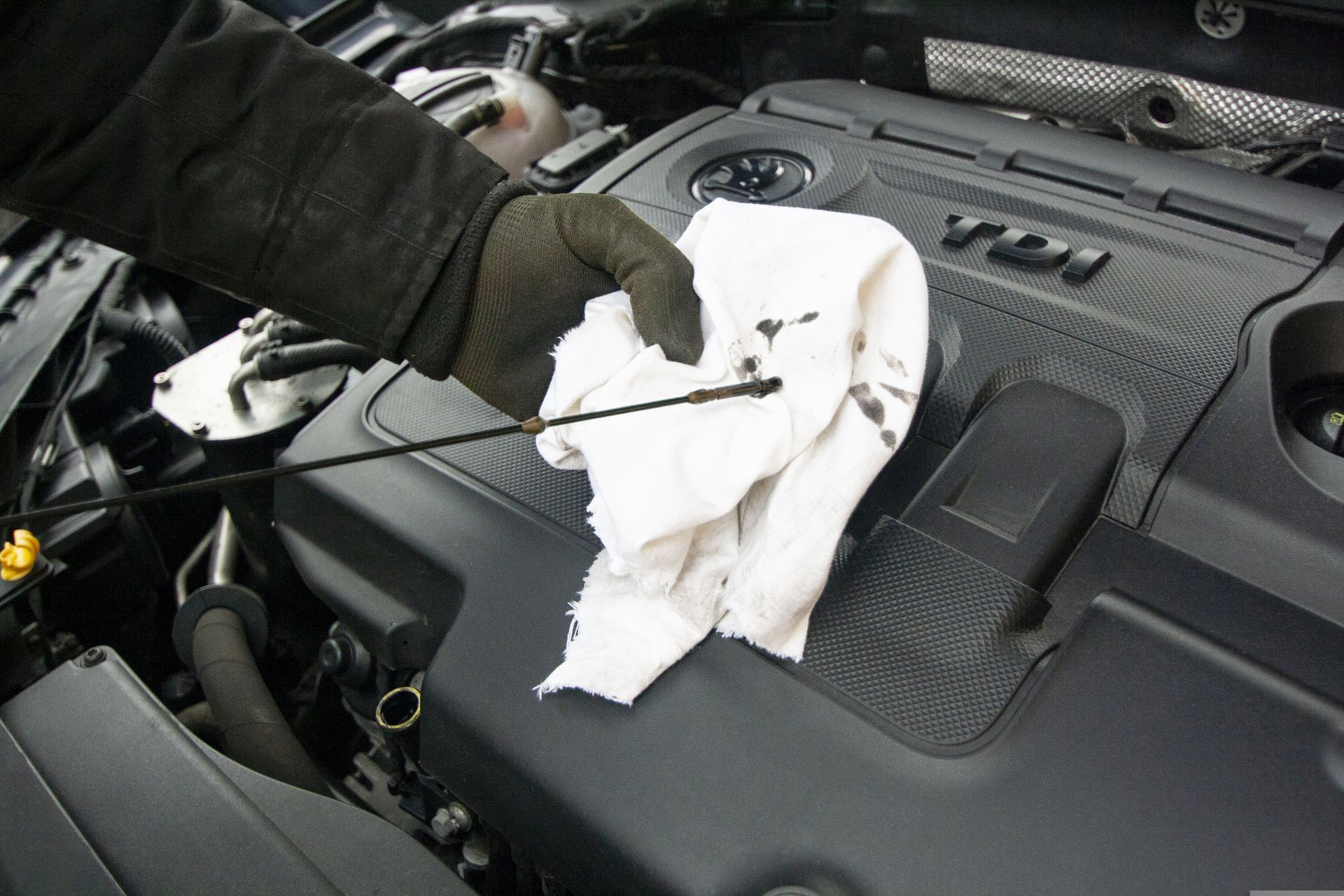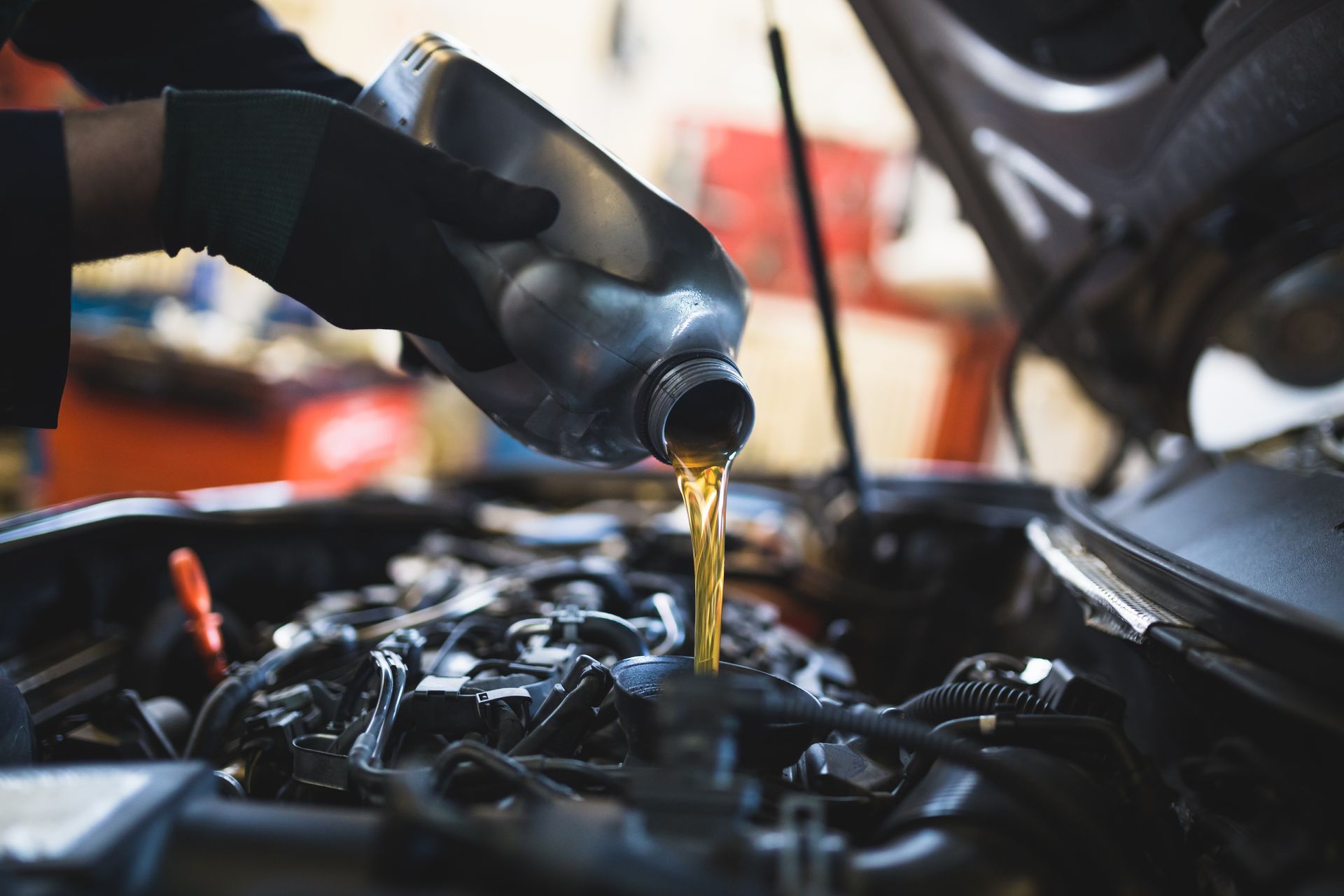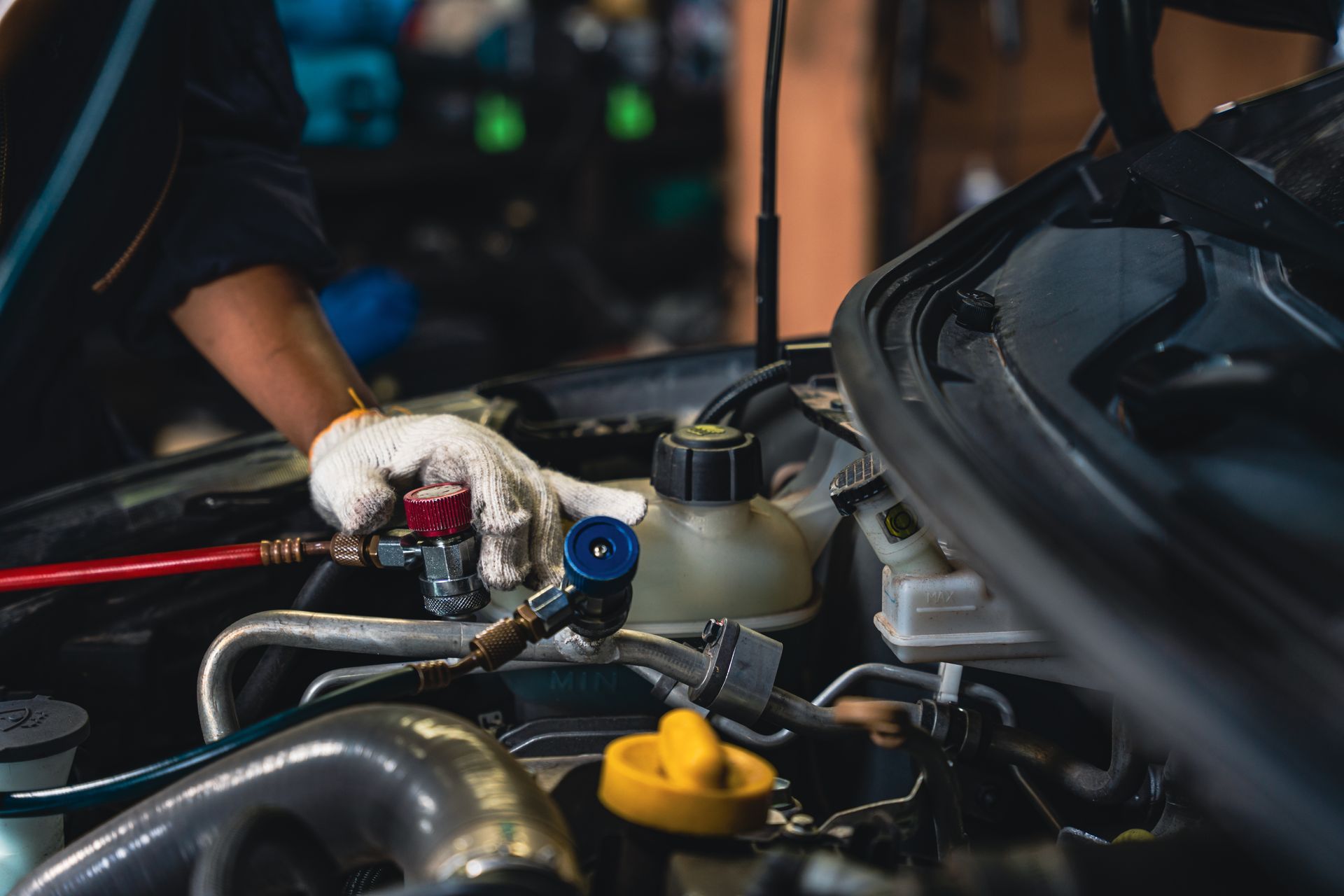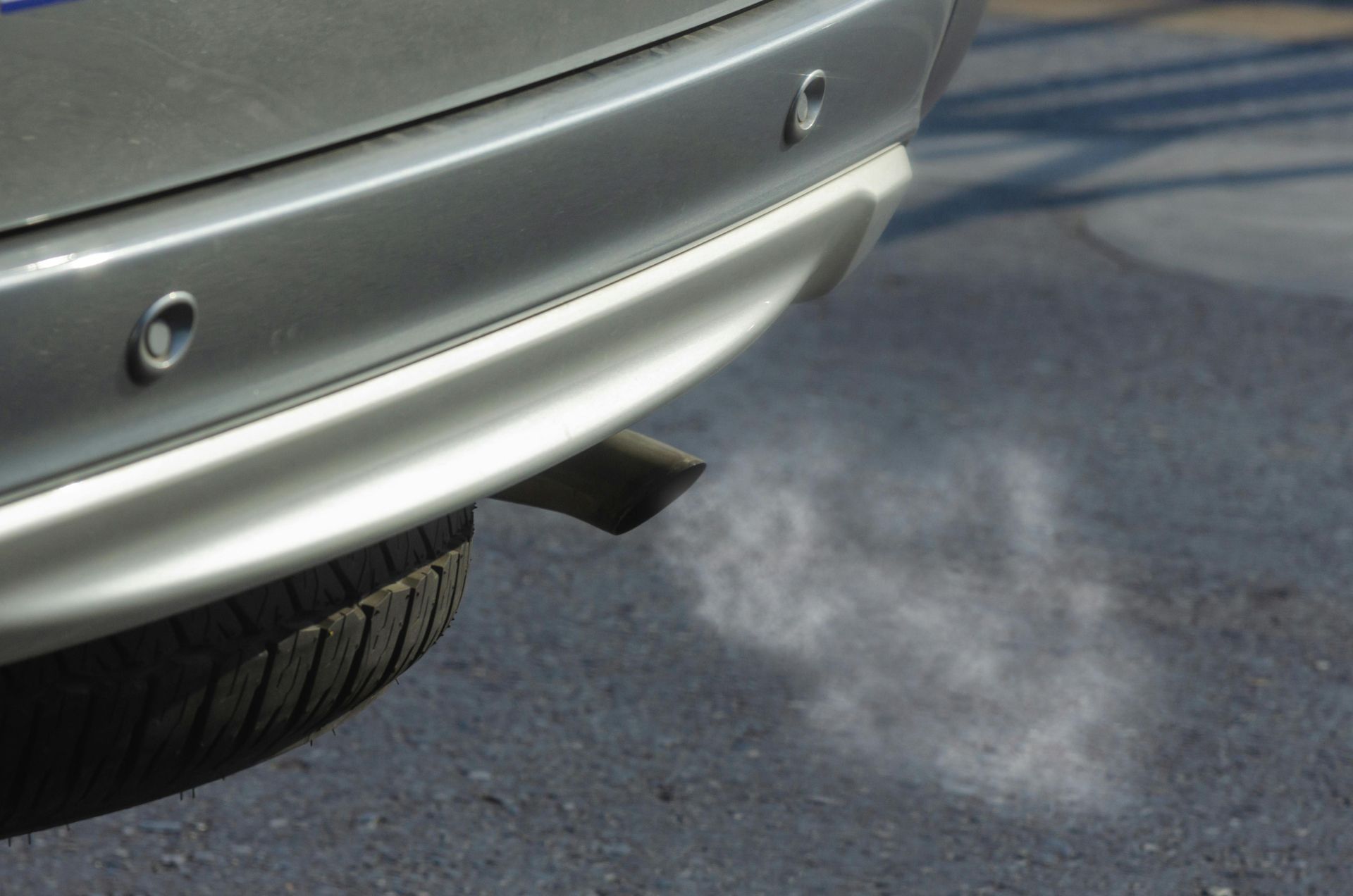Drive Straight: Mastering Wheel Alignments at Auto Centric in Grand Rapids, MI
In Grand Rapids, where the roads can throw curveballs at your car's alignment, staying ahead of wheel alignment issues is not just about a smooth ride—it's essential for your vehicle's longevity. At Auto Centric, we understand that correct wheel alignment is a cornerstone of automotive care. That's why we've dedicated this post to helping you understand everything about wheel alignments, ensuring you're equipped to keep your ride straight and efficient.
Understanding Wheel Alignment: What Is It?
Wheel alignment involves adjusting the angles of the wheels so they are set to the car manufacturer’s specifications. The purpose is straightforward: maximize tire life and ensure that your vehicle drives straight, without pulling to one side. Alignment is affected by everyday driving, the impact from potholes, and general wear and tear. Regular checks are crucial, especially in an active city like Grand Rapids.
Why Is Wheel Alignment Important?
- Extended Tire Life: Misalignment leads to premature and uneven tire wear. Proper alignment ensures your tires wear evenly and last longer.
- Improved Fuel Efficiency: Aligned wheels reduce rolling resistance, which means your car doesn’t have to work as hard or use as much fuel.
- Enhanced Safety: A car with poor alignment can be unpredictable on the road, which can compromise your safety. Ensuring your wheels are aligned helps maintain optimal control.
- Better Driving Experience: When your car’s alignment is off, it can lead to a less comfortable driving experience. You might feel vibrations, or the steering might feel loose. Proper alignment eradicates these issues.
Signs You Need a Wheel Alignment
- Uneven Tire Wear: Check if your tires are wearing unevenly or prematurely.
- Steering Wheel Off Center: If the steering wheel isn’t centered when you’re driving straight, it’s likely your alignment is off.
- Pulling to One Side: If your vehicle pulls to one side without input from the steering wheel, it’s time for an alignment check.
- Steering Wheel Vibration: Feeling vibrations in the steering wheel while driving can indicate alignment issues.
How Often Should You Check Your Alignment?
At Auto Centric, we recommend getting your alignment checked:
- Annually: For typical drivers in Grand Rapids, an annual check suffices.
- With New Tires: Always align your wheels when you get new tires.
- After a Significant Impact: If you hit a pothole hard or have a similar jolt, get your alignment checked.
Our Wheel Alignment Services
At Auto Centric, we use state-of-the-art alignment equipment to ensure your car's alignment meets the precise specifications. Our ASE-certified technicians are experts in diagnosing and correcting any alignment issues, using the latest technology and techniques. We offer:
- Standard Wheel Alignment: Ideal for most vehicles, focusing on adjusting the angles of the tires to the car manufacturer’s specifications.
- Custom Alignments: For vehicles with custom suspension setups, we can adjust alignments based on specific needs.
Why Choose Auto Centric for Your Wheel Alignment?
- Expert Technicians: Our ASE-certified team has years of experience in automotive care.
- Advanced Technology: We use the latest in alignment technology for precise adjustments.
- Customer-Centric Service: At Auto Centric, your satisfaction is our priority. We explain all procedures and ensure you understand what your vehicle needs.
Ready to Improve Your Drive?
If you're experiencing any issues with your vehicle's alignment, or if it’s just time for your annual check-up, visit Auto Centric in Grand Rapids, MI. Our team is ready to ensure your vehicle operates at its best with optimal wheel alignment.
Call us today or schedule an appointment online and experience the difference that precise alignment can make for your driving comfort and safety.















